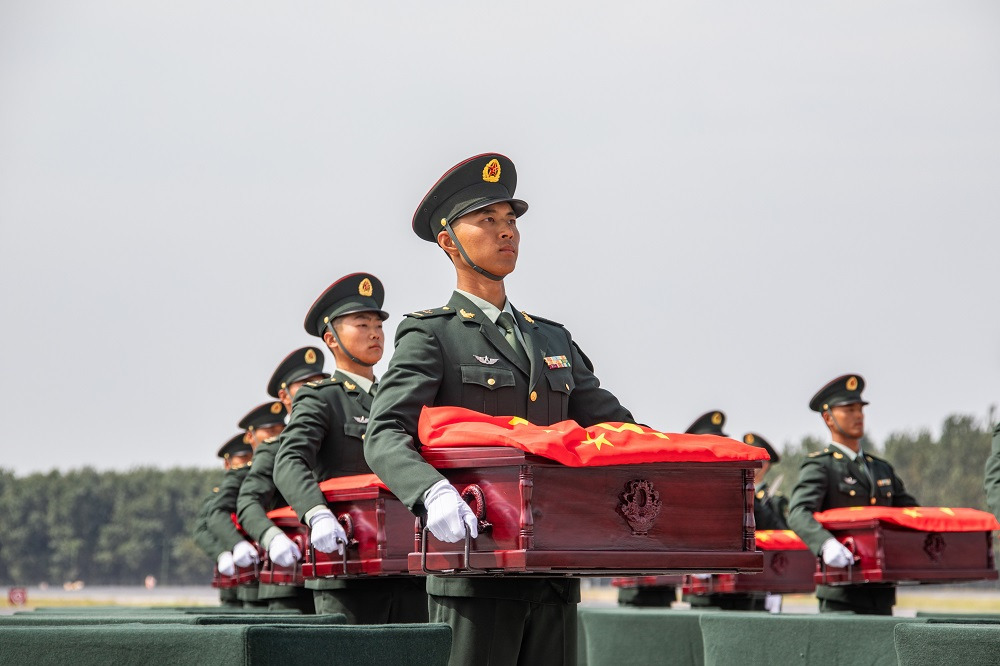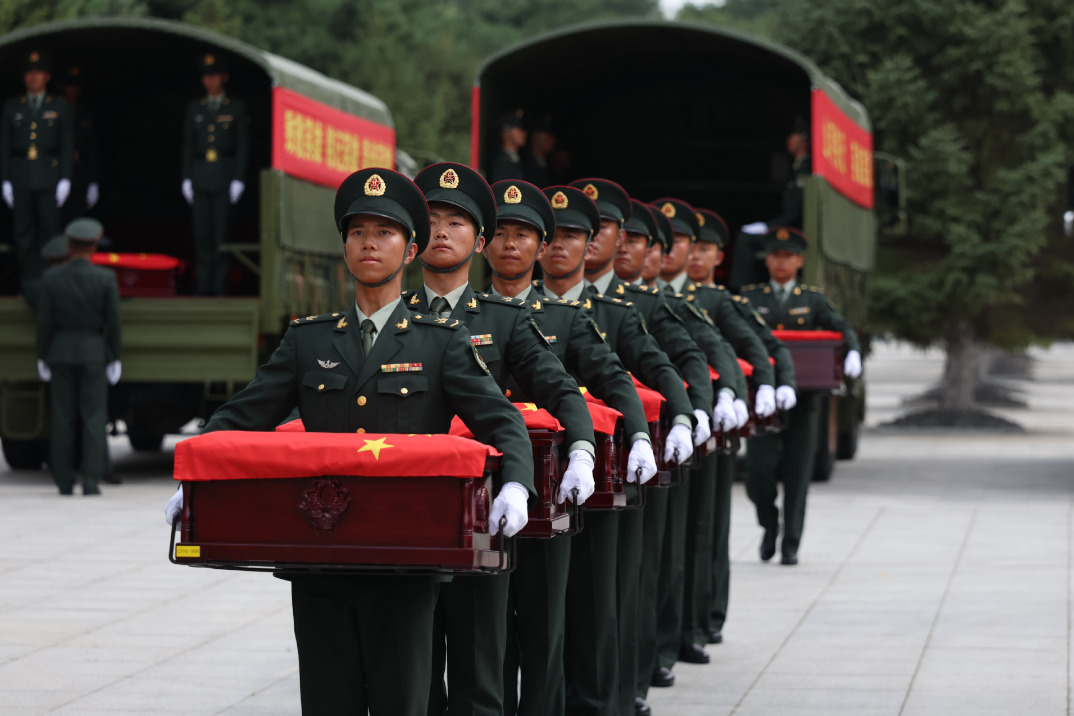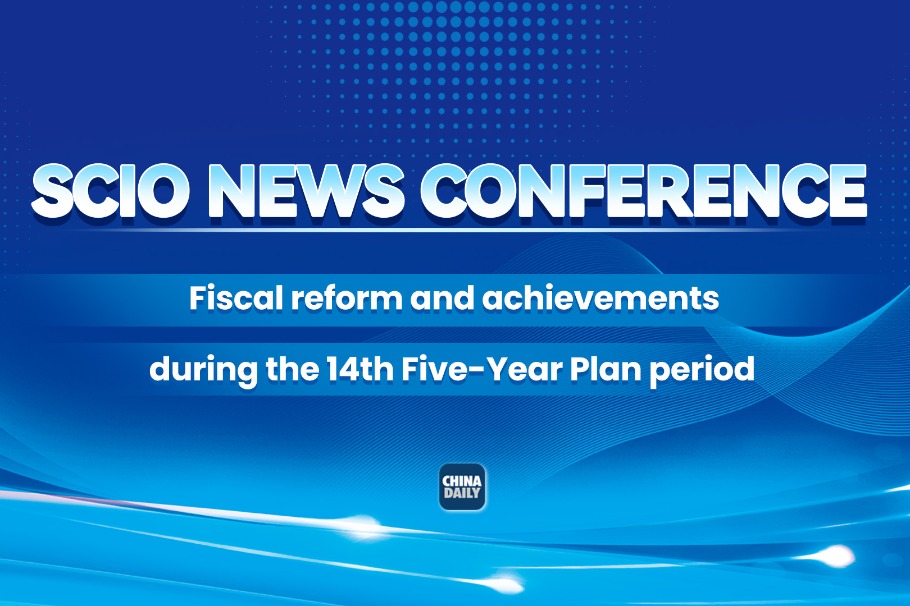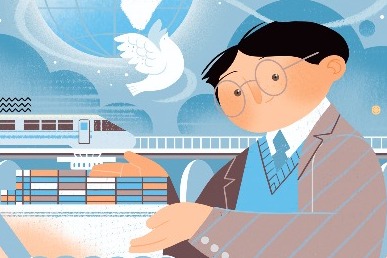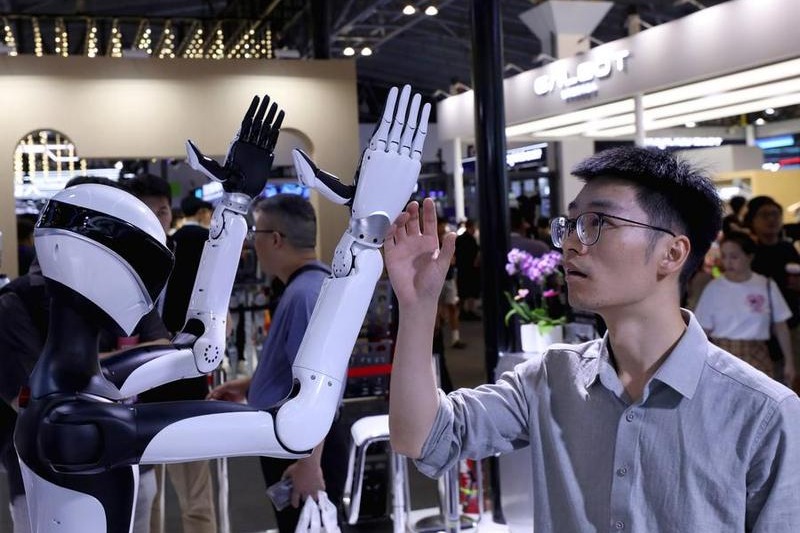Road to harmonized international cooperation


How we respond to the global challenges we now face will determine whether human civilization progresses or disintegrates
In his 12-volume work A Study of History, which took about 30 years to produce, the great UK historian Arnold Toynbee made a detailed investigation on the rise and fall of civilizations. The main concept, or philosophy, of the study was "the challenge and response". Toynbee clearly stated that when civilizations responded wisely to challenges, they grew. On the other hand, civilizations disintegrated when they stopped responding appropriately and creatively.
Our world is now facing global challenges and risks, and is going through extremely difficult and complicated international circumstances. Many threats and challenges are endangering our lives and moral values. These looming dangers are posing more threats to humankind, and in fact to the natural world on which we all depend.
Today our civilization is at crossroads, and the world has to select one of two alternatives. The first is to continue going about things the same way (business as usual), facing substantial and growing risks to our existence. The second is to make radical changes in the world order and global governance to establish a new form of globalization (leading to a desired global harmonious civilization). That is to replace the current unmerciful civilization with an ecological civilization. This is because the destruction of humanity (moral values) and of nature (the environment) under the current civilization legitimizes all efforts to have a more harmonious civilization.
Our world is characterized by a high level of connectivity and interdependency on the one hand, and a high level of fragility in the face of global threats and challenges on the other hand. This means that a partial failure in one part of the world may put human civilization as a whole at a tremendous risk and may lead to its complete dissolution. The key to face such challenges is to work together under a new model of harmonized international cooperation.
Working together, however, requires a solid and reliable platform for international cooperation. I believe the Belt and Road Initiative came at the right time to meet this necessity. The Belt and Road Initiative is built on two basic facets.
The first is the initiative as a concept or philosophy is aimed at building a community with a shared future for humankind, as well as being a means to realize this goal. This concept is a basic component of the initiative's hard and soft activities. It was reaffirmed and elevated to a strategic level for China's future diplomacy during the 19th National Congress of the Communist Party of China. Also, this concept was recognized internationally during the United Nations General Assembly in 2018.
The second is the Belt and Road Initiative as a "platform" for a new model of international cooperation. The initiative has been successfully transformed from China's initiative into a global project, and currently more than 170 countries and international organizations have joined the initiative. It thus offers a platform for countries to conduct cooperation and take joint efforts to develop their economies.
There are three dimensions of cooperation under the Belt and Road Initiative: the cooperation pillars, regional cooperation sub-platforms and thematic cooperation.
The cooperation pillars include policy connectivity, facilities connectivity, trade and investment connectivity, financial connectivity and people-to-people connectivity.
The regional sub-platforms include, but are not limited to, the China-Europe Association for Technical and Economic Cooperation, China-Arab States Cooperation Forum, Forum on China-Africa Cooperation and the mechanisms for cooperation between China and Latin American countries and China and Oceania countries.
The thematic cooperation includes, but is not limited to, the digital Silk Road, green Silk Road, innovation Silk Road, clean Silk Road and health Silk Road. Due to the global public health crisis caused by the COVID-19 pandemic, I will briefly elaborate on the Health Silk Road.
The health Silk Road is an important part of the well-established Belt and Road Initiative. Therefore, the initiative can be considered as a major vector for international health cooperation.
In his address to the Belt and Road High-Level Meeting for Health Cooperation: Towards a Health Silk Road, held on August 18, 2017 in Beijing, Director-General of the World Health Organization Tedros Adhanom Ghebreyesus said: "As you know, the world faces increasing and more complex epidemics, pandemics and disasters. Not only are these events more likely to occur, they're also likely to have a bigger impact on human health, the social fabric, security and the economy. President Xi Jinping's proposal for a health Silk Road, which strengthens and renews ancient links between cultures and people, with health at its core, is indeed visionary."
In fact, the concept of a health Silk Road has been successfully applied during the COVID-19 pandemic. When the novel coronavirus broke out, China received different types of medical assistance from about 80 countries, most of them partners in the Belt and Road Initiative. After generally controlling the virus domestically, China has offered valuable medical assistance to about 150 countries, most of them partners in the initiative.
We are facing serious challenges, but we also have great opportunities. We have to respond to the current critical challenges, wisely and collectively, with appropriate cooperation plans and exchanges of ideas. With reference to the Consensuses of the Fifth Annual Conference of the Taihu World Cultural Forum held in 2018, I would like to indicate the choices we need to make to realize a new model of international cooperation and harmonious civilization.
It is time to choose multilateralism not unilateralism, cooperation not domination, free trade not protectionism, coexistence not superiority, mutual understanding not arrogance, trust not prejudice, openness not seclusion, narrowing divergences not widening them, dialogue not confrontation, negotiation not bullying, an ecological civilization not an unsustainable civilization, and civilizational dialogue not a clash of civilizations.
With the steady advancement of the Belt and Road Initiative, I believe we are making the right choices to save our civilization.
The author is former prime minister of Egypt. The author contributed this article to China Watch, a think tank powered by China Daily. The views do not necessarily reflect those of China Daily.


















